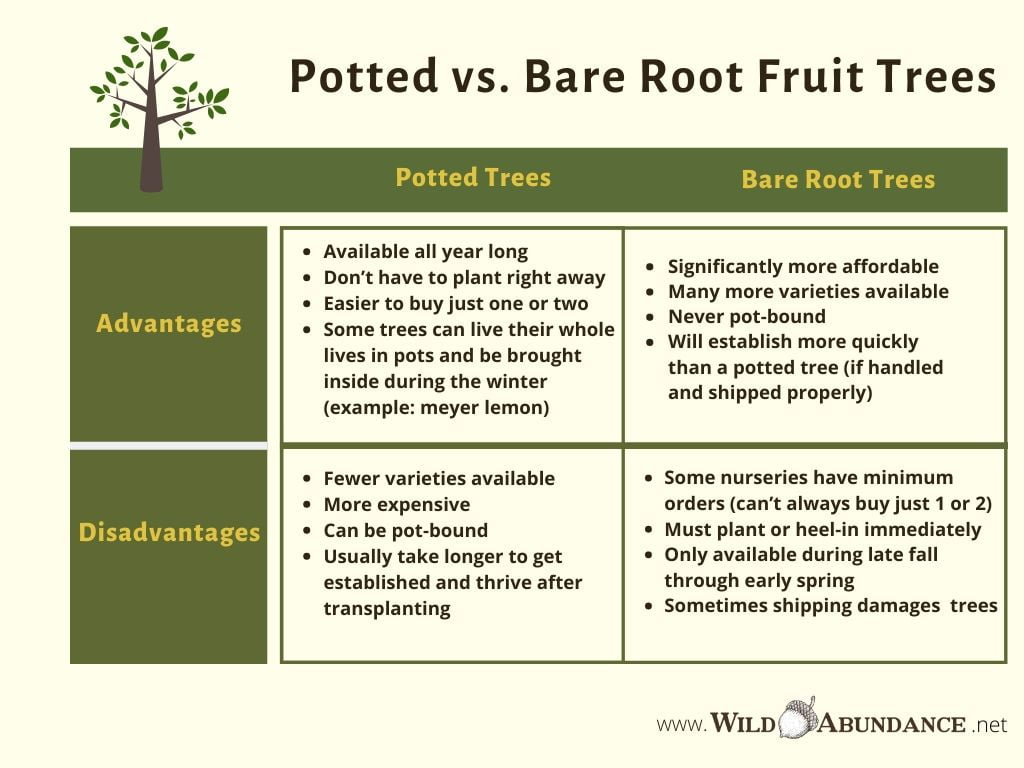
 2
2





Natalie Bogwalker
Director
WildAbundance.net
admin@wildabundance.net
 5
5




 2
2








Sometimes the answer is nothing

 1
1




 2
2




Iterations are fine, we don't have to be perfect
My 2nd Location:Florida HardinessZone:10 AHS:10 GDD:8500 Rainfall:2in/mth winter, 8in/mth summer, Soil:Sand pH8 Flat
 1
1




Best regards - OD
"This is it, but if you think it is, then it isn't anymore..."
 2
2






 3
3




Iterations are fine, we don't have to be perfect
My 2nd Location:Florida HardinessZone:10 AHS:10 GDD:8500 Rainfall:2in/mth winter, 8in/mth summer, Soil:Sand pH8 Flat
 2
2




Best regards - OD
"This is it, but if you think it is, then it isn't anymore..."
 2
2




This confuses me as a beginner. Can you grow regular (not organic) strawberries organically?








Julie Reed wrote:
This confuses me as a beginner. Can you grow regular (not organic) strawberries organically?
they are very much organic, but not ‘certified’, since certification would prevent some of the very practices that MAKE them organic. So ironically, while they are as pure organic as it gets, they cannot legally claim to be organic.
Best regards - OD
"This is it, but if you think it is, then it isn't anymore..."





|
Please all, and you will please none --Aesop ... displeased tiny ad:
Learn Permaculture through a little hard work
https://wheaton-labs.com/bootcamp
|



